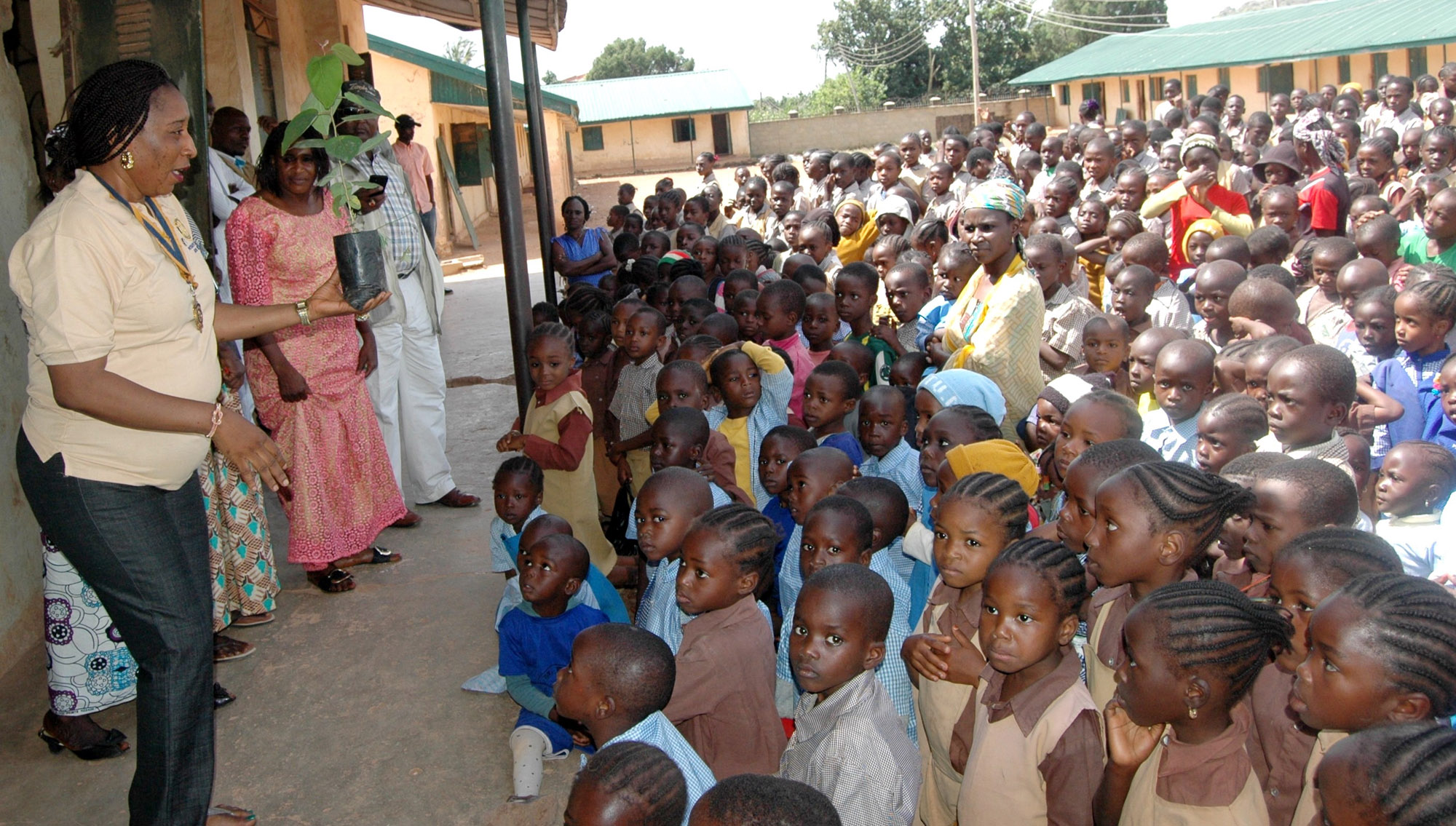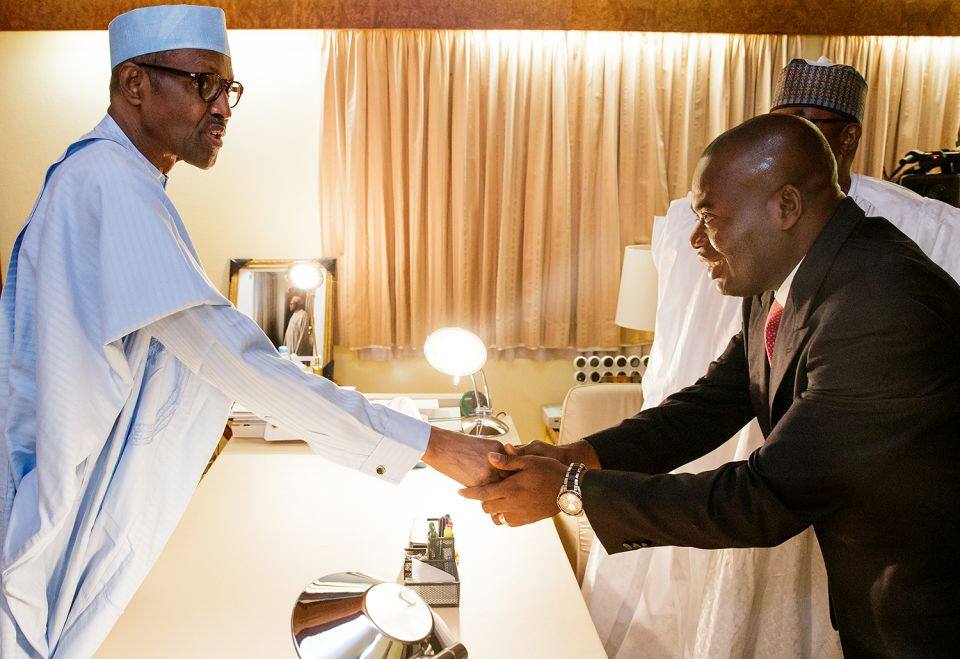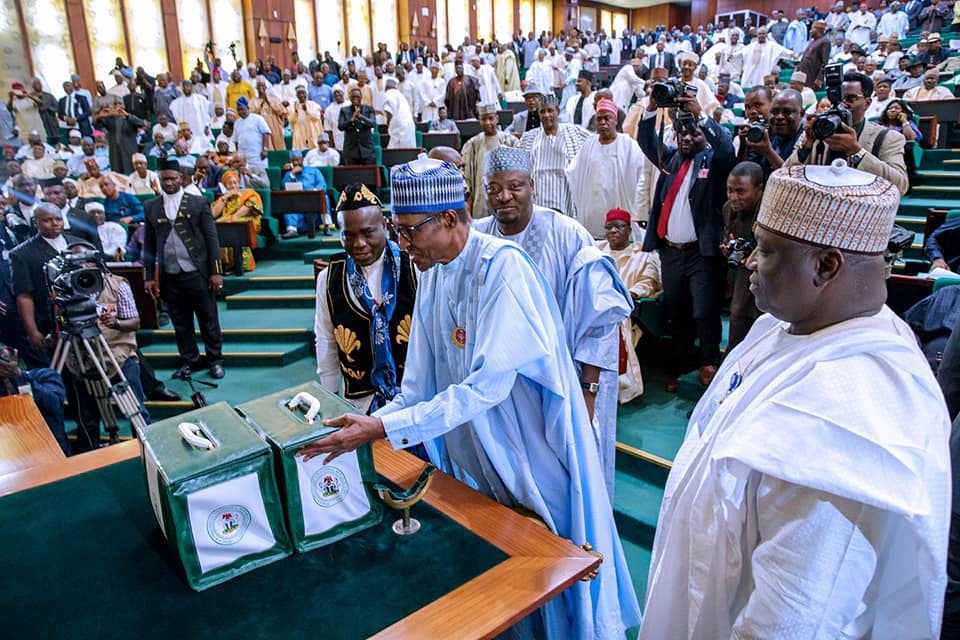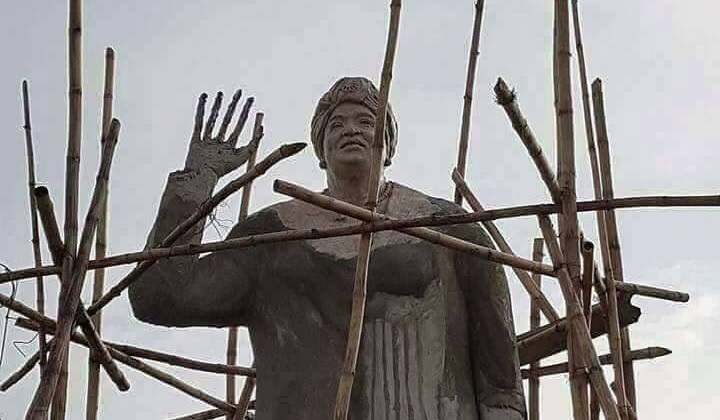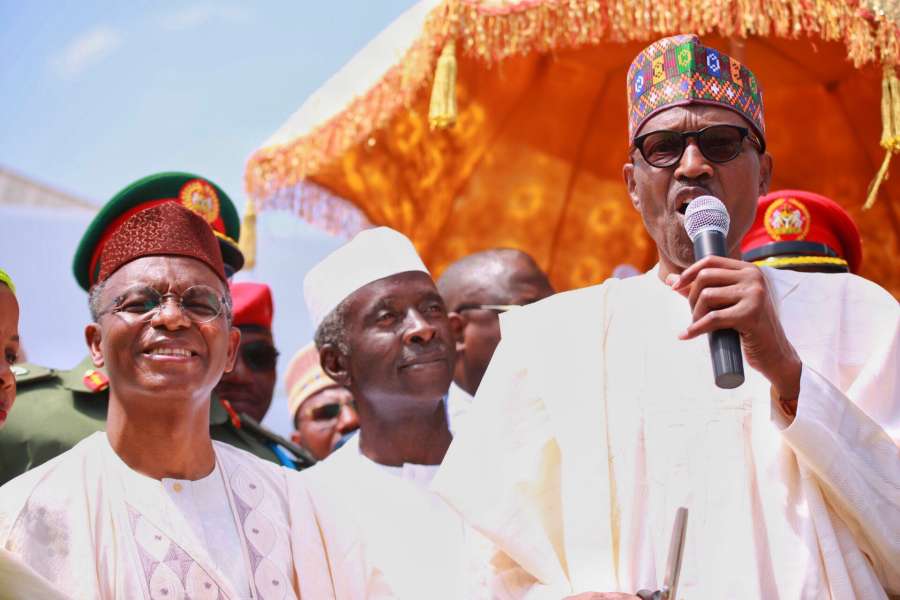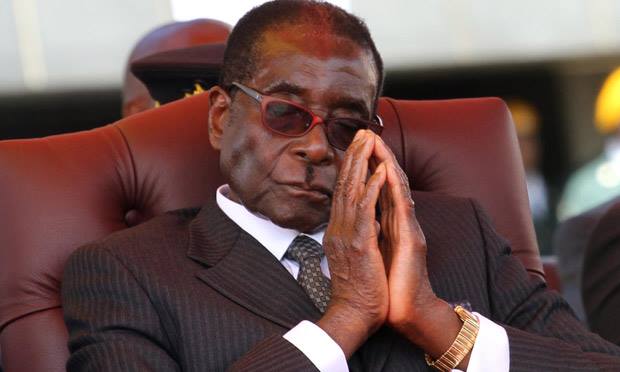Pic 10. President, Rotary Club of Jos Metro, Rotary International District 9125, Pauline Fiddis (m) explaining the need for tree planting to the Pupils of Roman Catholic Mission School Zaramagada Jos during the distribution of Exercise Books and Economic Trees to Schools in Jos on Wednesday (27/9/2017)
05211/27/9/2017/ Sunday Adah /ICE/NAN
Growing up, I was that somewhat rare teenager who loved Mathematics. In particular, solving inequalities caught my fancy, and I would curve my right or left arm, singing the “greater than, less than” rhyme, in order not to forget the correct direction of each sign. Inequalities brought the same thrill as a game of hide-and-seek; here we had to find “x,” which seemed to always go missing. To resolve the inequality, one had to add, subtract, multiply, or divide with a “value” such that a “variable,” which reveals what “x” is, emerges.
The various routes to solving inequality in mathematical terms are all based on uniform, basic principles that ensure adherents arrive at the same result. In the same vein, though different entities define social Inequality from diverse perspectives, all aim at achieving the same desirable, preferable result – Equality.
The most common manifestations of this problem are regarded as gender, social, economic and income inequality, all of which are accorded attention, assessment and action in varying degrees. However, there are other tenets of this problem in Nigeria, such as Judicial and Political Inequality which must be distinctively contextualized and tackled, based on the dynamic and unique ways each plays out, and intersects with already established forms of Inequality.
For starters, Economic Inequality is apparent in the uneven distribution of wealth, while Income Inequality is often based on the perception that men are more intelligent and productive than women, and thus should be paid more. In the distribution of Nigeria’s “social goods,” Social Inequality sees certain citizen demographics enjoying specific benefits solely by virtue of the ethnic, age, class, power, religious, and gender bracket they fall under.
Advertisement
With Judicial Inequality, the corrupt rich are brazenly leniently handled, while more stringent repercussions are meted to a poor thief, who in extreme cases faces jungle justice. Political Inequality is often demonstrated via an imbalance in positions of authority and electoral representation; it can assume dimensions that reinforce other forms of inequality, especially Gender Inequality.
A problem tree demystification of Inequality in Nigeria shows that at its root are vestiges of innate colonial mentality, spilling into, and exhibited primarily through cultural norms, social disparities and urban-rural variations. Proximately, Nigeria’s increasing population; ungoverned spaces; inefficient utilization of resources; unfavourable policies; income differentials; unequal wealth distribution and the endemic challenge of corruption ensure multidimensional poverty persists, which in turn guarantees Inequality prominence in all facets of society.
The effects of Inequality are never isolated, and—capped by an ineffective educational system—they reverberate to cause, or contribute to: the truncation of economic growth; underserved minority groups; a manipulation of deprived populations; wealth disparity; ethnic conflicts; religious crises; increased crime rates; economic hardship and injustice. Sadly, for a developing country like Nigeria, every time the system collapses (owing to a surfeit of any form of Inequality), those who consistently bear the brunt are the poor, especially the 80.2million women and girls that constitute 49% of the country’s population. For instance, interlaced inequalities in the North East are undeniably linked to how women and girls are impacted by the Boko Haram insurgency. They are abducted, and used as war slaves and human shields, brainwashed for suicide bombings or forced into marriage where teenage pregnancies, and untimely deaths become their lot.
Advertisement
Nigeria must begin to act with the conviction that corruption has the unique distinction of being the major enabler of every other form of Inequality. A veritable example is the recent arms deal fraud scandal, which has further exacerbated the Inequality that exists between the Northeast and other regions. Had the funds for arms procurement been efficiently allocated and utilized, the region would by now be a more conducive environment for education – including girls’ education, leading to a reduction in the disadvantages that predispose people to poverty. But for corruption, the Northeast would likely remain infertile ground for the agitations that breed, and sustain insurgency.
In this undesirable equation called Inequality, the solution to Nigeria’s rich-poor divide lies in finding “x.” Here, “x” represents those “variables” that must be added, subtracted, multiplied, or divided, to rectify the imbalanced state of affairs that currently bolster each aspect of Inequality. In practical terms, there is a need to critically assess Nigeria’s inequality climate and juxtapose these with the laws, policies, and programs—at federal, state, and local levels—that must be created, or eradicated, to guarantee a closing of the Inequality gap. It must be emphasized, however, that an integrated approach—where the various types of Inequality are tackled simultaneously—is the best route to a unified, sustainably equal Nigeria.
Shonibare is the CEO for the 555 group.she is the founder Girl child Africa, Co-ordinator, Adopt -A- Camp and also a strategic leader of the bring back our girls movement. This piece is a part of the OXFAM Even It Up Campaign series.
Advertisement
Views expressed by contributors are strictly personal and not of TheCable.

